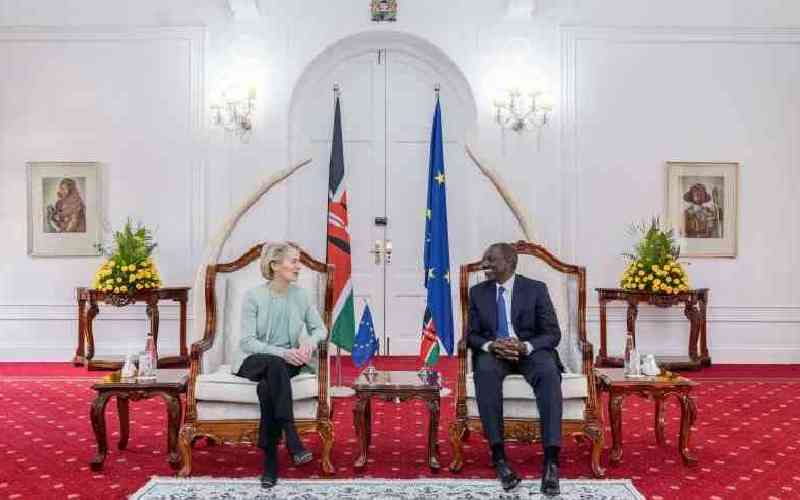×
The Standard e-Paper
Join Thousands Daily

The European Union (EU) is preparing for a high-level trade mission from Brussels to Kenya in September, this year.
The mission is aimed at establishing the operational framework for the Economic Partnership Agreement (EPA) signed in 2023, which took effect in July.